3 Aug, 2023 | Admin | No Comments
New TuneCore Study Finds 39% of Independent Artists Are Uninterested in AI

Musicians and creatives alike are adopting artificial intelligence at breakneck speeds—and we’re only at the beginning.
According to a study by TuneCore, 27% of musicians are using AI tools to create music. Additionally, 57% of respondents indicated they used AI to create artwork. While using the tech for fan engagement came in at a 20% clip, musicians have a strong interest in using it throughout the creative process as well as marketing and fan engagement.
“Generative AI and AI will open a new age of Creativity and Discovery, and transform in a positive manner every aspect of our partnerships with artists and the way we partner with digital music services,” said Denis Ladegaillerie, founder and CEO of Believe, TuneCore’s parent company. “This is why it is essential that our strategy as a company is aligned with that of our artists: that of a responsible approach to AI and to the exciting opportunities and future use cases that we will develop as a core part of our mission to serve all artists, at each stage of their career, with respect, fairness, expertise and transparency.”
In June of this year, TuneCore partnered with Grimes to launch a pilot program centered around her Elf.tech software, which enables artists to use her deepfaked vocals and distribute the music without fear of copyright infringement. By virtue of te program’s model, Grimes receives 50% of the royalties accrued from the sound recording.
“TuneCore’s main priorities lie in the interests of our artists, so the responses to this survey will help us enable them to utilize AI on our platform with consent, control, transparency, and fair monetary compensation,” added TuneCore CEO Andreea Gleeson.
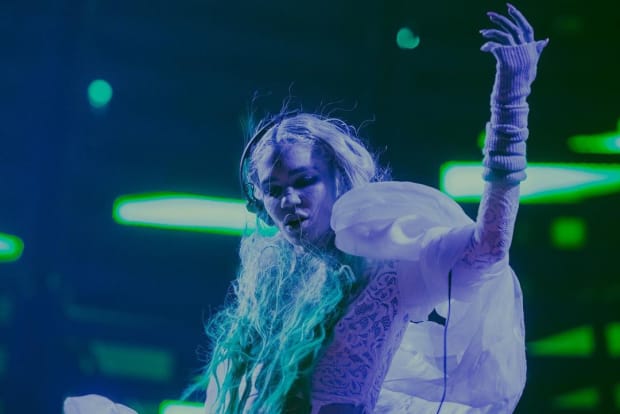
The impact of AI in music and other creative industries remains controversial. Its ethics and authenticity have been called into question by music producers everywhere, many of whom fear they will eventually be replaced entirely.
In May, the U.S. Copyright Office began hosting virtual sessions wherein artists, developers, researchers and more shared their concerns and hopes for AI moving forward.
Meanwhile, many music tech companies, such as Splice, are using AI to create powerful tools to help musicians enhance their creative process. The company recently launched “Create,” a tool that enables artists to instantly find samples within Splice’s vast library and mesh them into a “stack.”
You can read TuneCore’s full “AI in Music Report” here.
27 Jul, 2023 | Admin | No Comments
Spotify's Premium Plan Price Hike Results in $6 Billion Market Cap Loss: Report
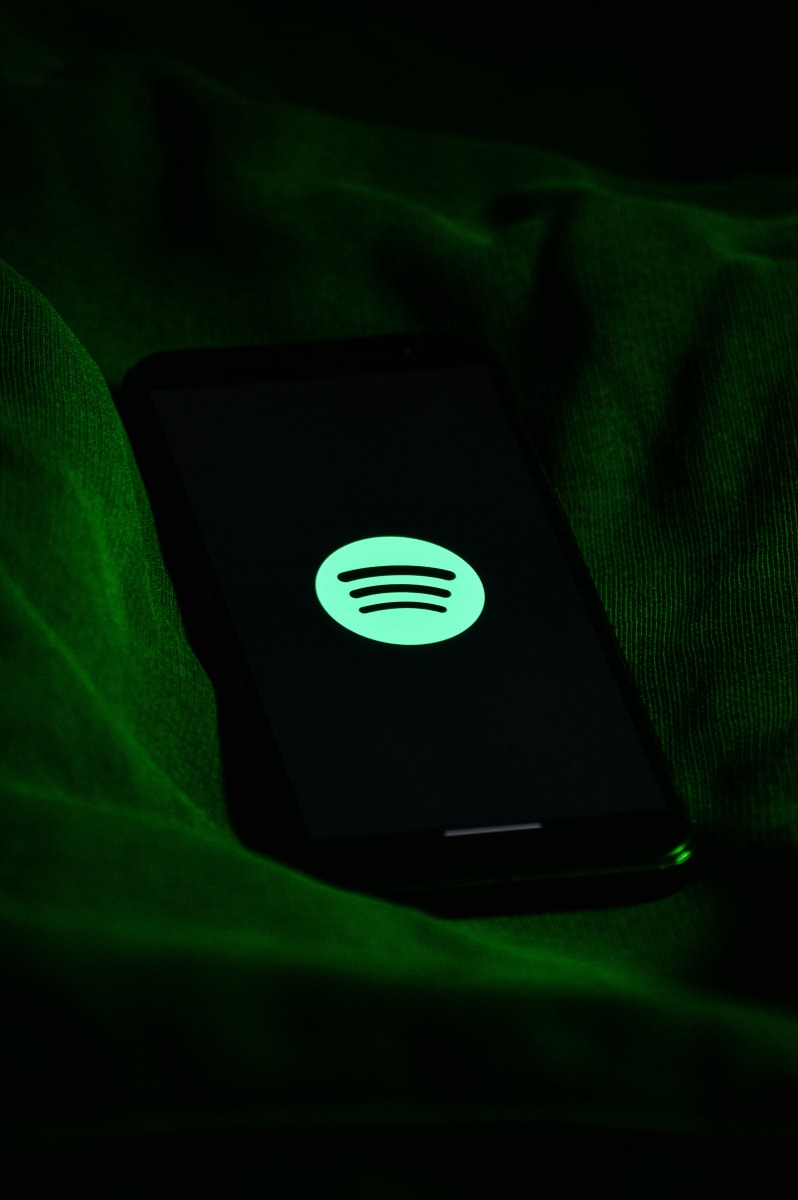
Spotify‘s price increase of its individual Premium plan is not sitting well with consumers or investors.
On Tuesday, July 25th, the Swedish streaming giant etched its second consecutive day of tumbling market losses after increasing the price of the plan from $9.99 to $10.99. The company’s stock dropped 11% on Tuesday, the largest single-day fall since last October, Forbes reports.
In the company’s quarterly earnings report, Spotify communicated a more optimistic outlook by highlighting its strongest-ever monthly active user growth and best second quarter for paid subscriber growth. Even with those boons, the company reportedly lost $6 billion in market capitalization this week. It’s currently valued at $28 billion.
Spotify lost a cool $225 million and $330 million in Q1 and Q2, respectively. It reported a $3.5 billion quarterly revenue, falling short of consensus analyst estimates, per Forbes. Spotify attributed its losses to its efforts to “streamline operations and reduce costs.”
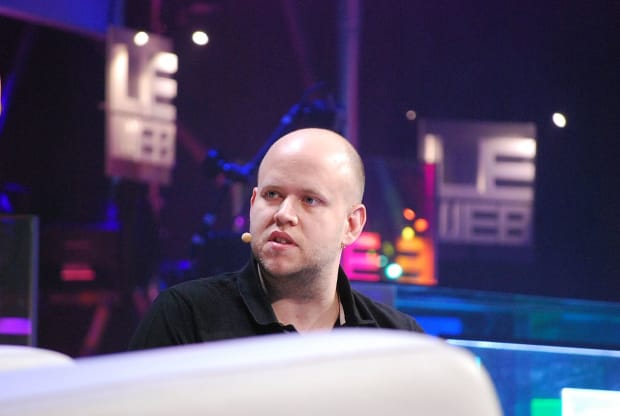
Despite the disappointment among investors and subscribers, Universal Music Group CEO Lucian Grainge welcomed Spotify’s price increases. The Premium tier price hike will boost streaming revenues for UMG’s roster, which includes Taylor Swift, BTS, Justin Bieber, Drake and more.
“We see more alignment between the labels and the music platforms that we’ve ever seen before,” Grainge said. “That allows us to make sure the artists are better compensated and everyone is rewarded for the engagement that those artists drive.”
Grainge added there is still work to do with the current streaming model because it isn’t fair to artists, who he says remain “undervalued.”
19 Jul, 2023 | Admin | No Comments
Melodies for the Masses: Why 3LAU Launched Royal.io, Where Fans Own the Soundtrack to Their Hearts
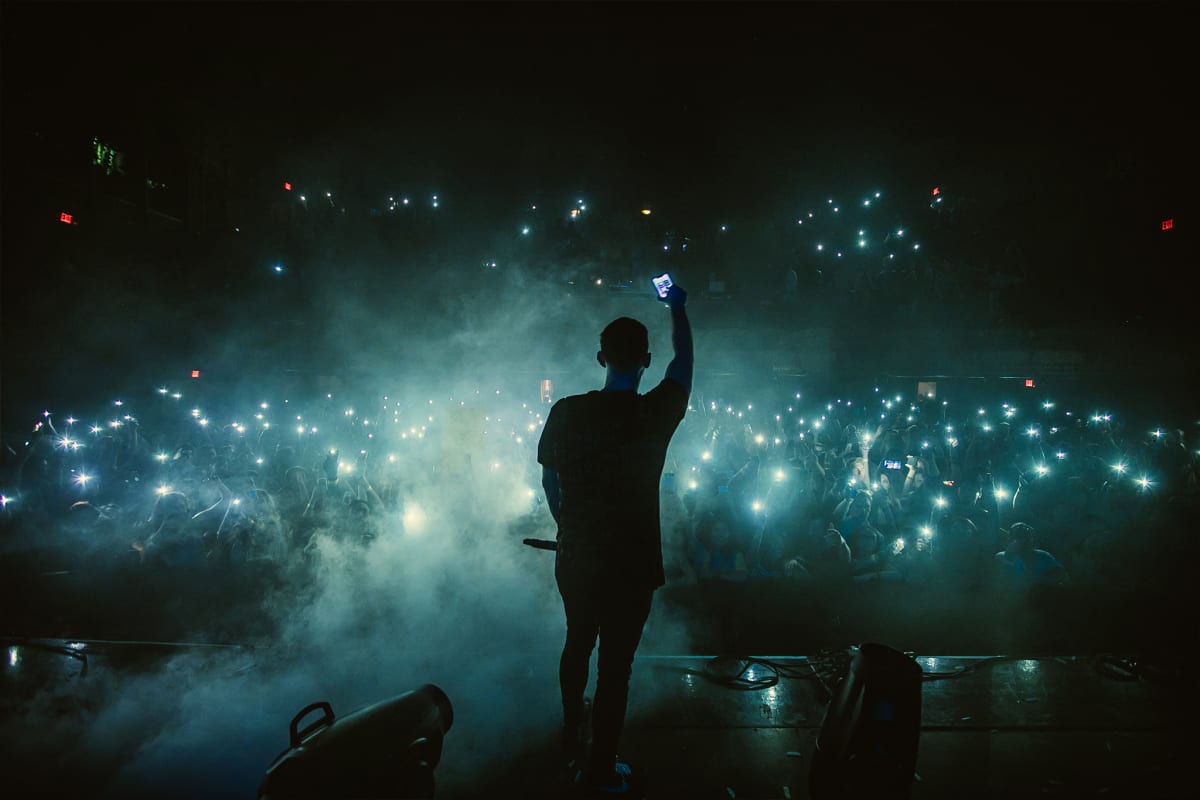
Music as an investable asset class has been the furthest thing from open, accessible and transparent. A privilege typically available exclusively to accredited investors and with little to no supporting infrastructure to determine valuation, investing in the illiquid music intellectual property market has historically been an exercise in cutting red tape and crossing ones fingers.
However, the advent of Web3 brought about innovation for tokenizing and democratizing music ownership in ways not seen previously—and 3LAU’s Royal.io has been at the bleeding edge.
To date, Royal has tokenized and sold music IP from Diplo, Nas, The Chainsmokers and many more elite artists in the form of NFTs. In their ongoing efforts to empower investors, musicians and fans alike, the company also launched their “Song Valuation Calculator,” a lens through which any user can view what a piece of music is monetarily worth based on future expected streaming performance.
Today’s investors are seamlessly collecting royalty distributions from purchases made on Royal while artists are simultaneously raising the capital needed to pursue their goals. But 3LAU’s drive to revolutionize the industry remains unabated.
“The music business has tons of areas of information asymmetry across it, where there’s little visibility into what money is being generated and where it goes,” 3LAU tells EDM.com matter-of-factly. “It’s really impossible to think about solving that whole problem in one effort, but a starting point would be to show people one thing that’s going on in the background that they don’t know.”
3LAU, whose real name is Justin Blau, says one of Royal’s core value propositions is education. Himself an artist of over a decade, Blau is especially forthcoming about the experiences that have gone on to shape his views today. He explains that when it comes to modeling the cash flow of a song, streaming is arguably the most predictive measure. Paradoxically, it’s usually the critical monetization lever that artists are quickest to relinquish when approaching a record deal.
“What I learned having released some of my first independent music in 2015 was that releasing something independently and that thing being successful meant a lot more money in my pocket if I kept the ownership,” Blau recalls.
“There was a song I made called ‘Is It Love’ that I chose to release independently,” he continues. “There was a deal on the table for 50% of that song for $15,000 from a reputable record label. If I had signed the deal the label would have made hundreds of thousands of dollars, but because I didn’t I got to keep all of that. That was a learning experience for me because the whole world was like ‘music doesn’t pay, streaming is bad’ but the streaming actually paid a lot more than the iTunes purchases prior.”
While changing the narrative from the artist’s point of view to illuminate the earning potential of their music remains a key focus of Royal’s strategy, there are additional considerations at play that are driving a sense of optimism in the company’s ability to scale music as an investment class with the public.
Despite a presently challenging macroeconomic environment characterized in part by quantitative tightening and rising interest rates, Blau tells us consumers on Royal are not purely incentivized by yields alone. There is, of course, a logic-based thesis for pursuing an investment in music, but there’s also an emotional one.
“One person might buy interest in a song because it’s exploding, but another might buy in because they love it,” he explains. “Music is in this weird category where it is both emotionally valuable and there’s a cashflow, and that means there are different reasons for people to buy it.”
“In economic downturns music has typically been resilient,” he continues, bringing it back to the macroeconomic outlook, “because people need it to survive, motivate themselves, they need it in the gym, in the car—and people listen to more music when things are bad.”
The emotional side of investing in music is a topic Blau returns to often. Exploring how to appeal to a fan’s emotional interest in being a part of the art’s future while patronizing the artists they already love remains a core part of the company’s strategy going forward.
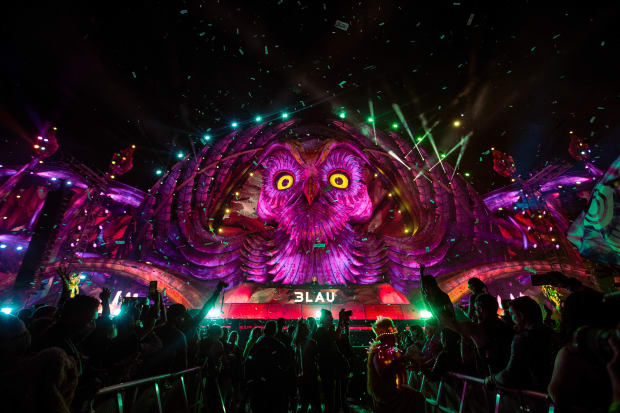
Undeterred by the macro uncertainty, Royal is instead stepping up its efforts in terms of scalability with the intent of bringing a self-serve tool to any artist looking to facilitate a tokenized sale. The self-serve module currently exists in beta but the company is currently pressure testing it to ensure it’s ready for public access.
“At the end of the day, an open platform is most empowering for musicians and consumers because consumers may even encourage a musician to do something on Royal when that artist can do so,” Blau says.
Getting there was a challenge that included building a payments layer, compliance framework and a means for verifying rights ownership. While it’s been a heavy lift, Blau explains that it’s been some of the company’s most important work to date. The launch of these features was among the company’s most coveted end goals from the very start.
“We had to build all of these things that hadn’t been built before, and we’re really incredibly excited by the fact that it now exists,” he adds.
Explore Royal here.
Follow 3LAU:
Facebook: facebook.com/DJ3LAU
Twitter: twitter.com/3LAU
Instagram: instagram.com/3lau
Spotify: spoti.fi/3hgZvgI
17 Jul, 2023 | Admin | No Comments
Create Music Group Acquires Music For Pets And Initiates Roadmap To Invest Additional $10M To Grow The Space
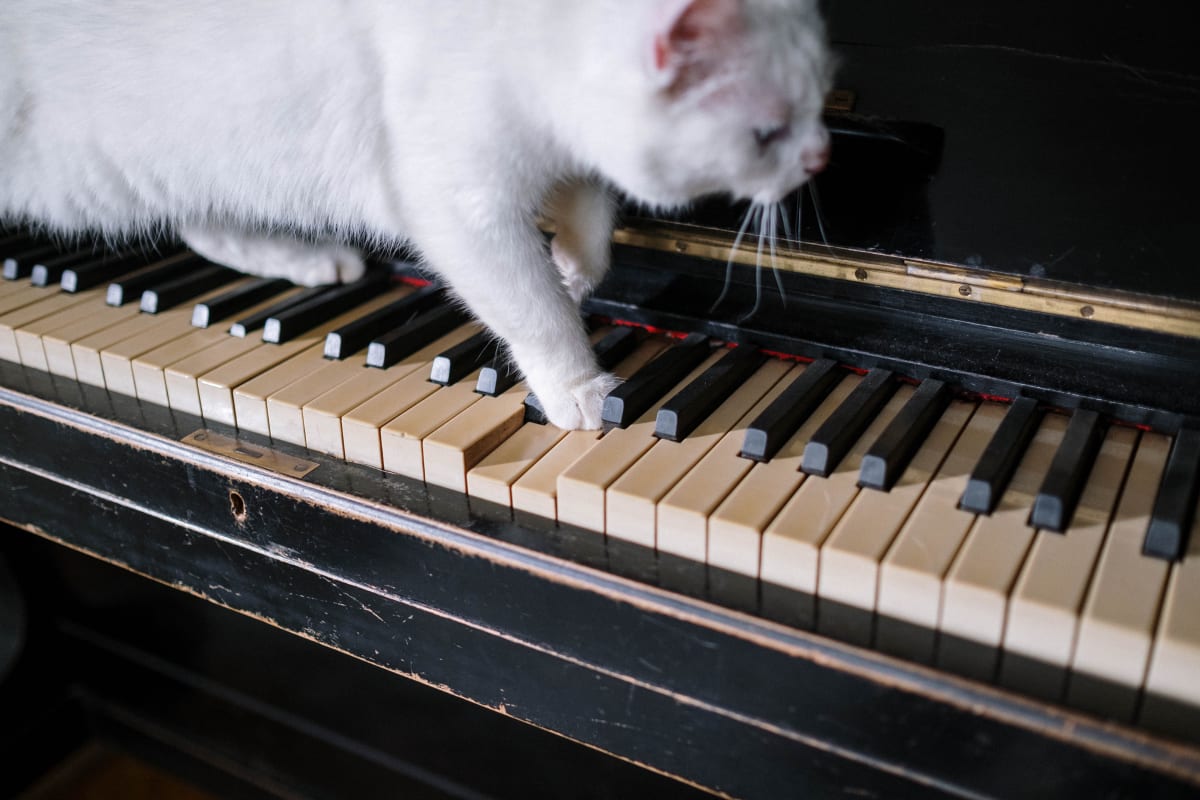
Create Music Group has announced the acquisition of Music For Pets and an upcoming $10 million roadmap to bring pet entertainment media to prominence, Music Business Worldwide reports.
A press release issued by Music For Pets revealed that the startup already serves more than 20 million pets that collectively consume over 12 million hours of music each month. The primary distribution channel has been the company’s YouTube accounts, Relax My Dog and Relax My Cat, which collectively boast over 2.2 million subscribers.
Ricardo Henriquez and Amman Ahmed started the company in 2017 after the former’s personal experiences combating his own dog’s anxiety illuminated the business case.
“We hear from pet owners all over the world that Relax My Dog and Relax My Cat have made a huge positive impact on their pets’ overall emotional health,” Ahmed said. “Our mission is to make the world’s pets happier, and we’re excited to take this next step with Create Music Group.”
Create Music Group’s acquisitive spirit has landed them a majority stake in The Nations’ YouTube channels and the VRTCL marketing agency, among other musically inclined brands, making them the purr-fect partner to take Music For Pets mainstream.
“The Music for Pets platform fits perfectly into our business model as we continue to reinvent what it means to be a modern music company by building and investing into entertainment businesses that have a direct meaningful relationship with their audience and fans and have complete ownership of all IP,” Create Music Group CEO Jonathan Strauss added. “This market is massive and there is a reason that Amman and Ricardo’s company has been nicknamed ‘Petflix.’”
20 Jun, 2023 | Admin | No Comments
The Recording Academy Weighs In With Grammy Guidelines on AI-Generated Music

The Recording Academy has gone public with its stance on AI: “Only human creators are eligible to be submitted for consideration for, nominated for, or win a GRAMMY Award.”
The Academy’s new rules come at a time when the role of AI in the future of music creation has become a topic of consternation.
Speaking with GRAMMY.com, Harvey Mason Jr., CEO of the Recording Academy, noted that while the exact role of AI in the creative arts is not fully clear, it’s undoubtable the technology will remain part of the industry in some capacity going forward.
“It’s important because AI is going to absolutely, unequivocally have a hand in shaping the future of our industry,” Mason Jr. said. “The idea of being caught off guard by it and not addressing it is unacceptable.”
Mason Jr. went on to say that human creators will always be given preferential treatment over music created fully or even partially with AI.
“If there’s an AI voice singing the song or AI instrumentation, we’ll consider it,” he said. “But in a songwriting-based category, it has to have been written mostly by a human. Same goes for performance categories—only a human performer can be considered for a GRAMMY.”
The Recording Academy has not yet announced the nominees of the date of the 2024 Grammys.
13 Jun, 2023 | Admin | No Comments
Major EDM Forums Join Reddit Blackout in Protest of Third Party Application Changes
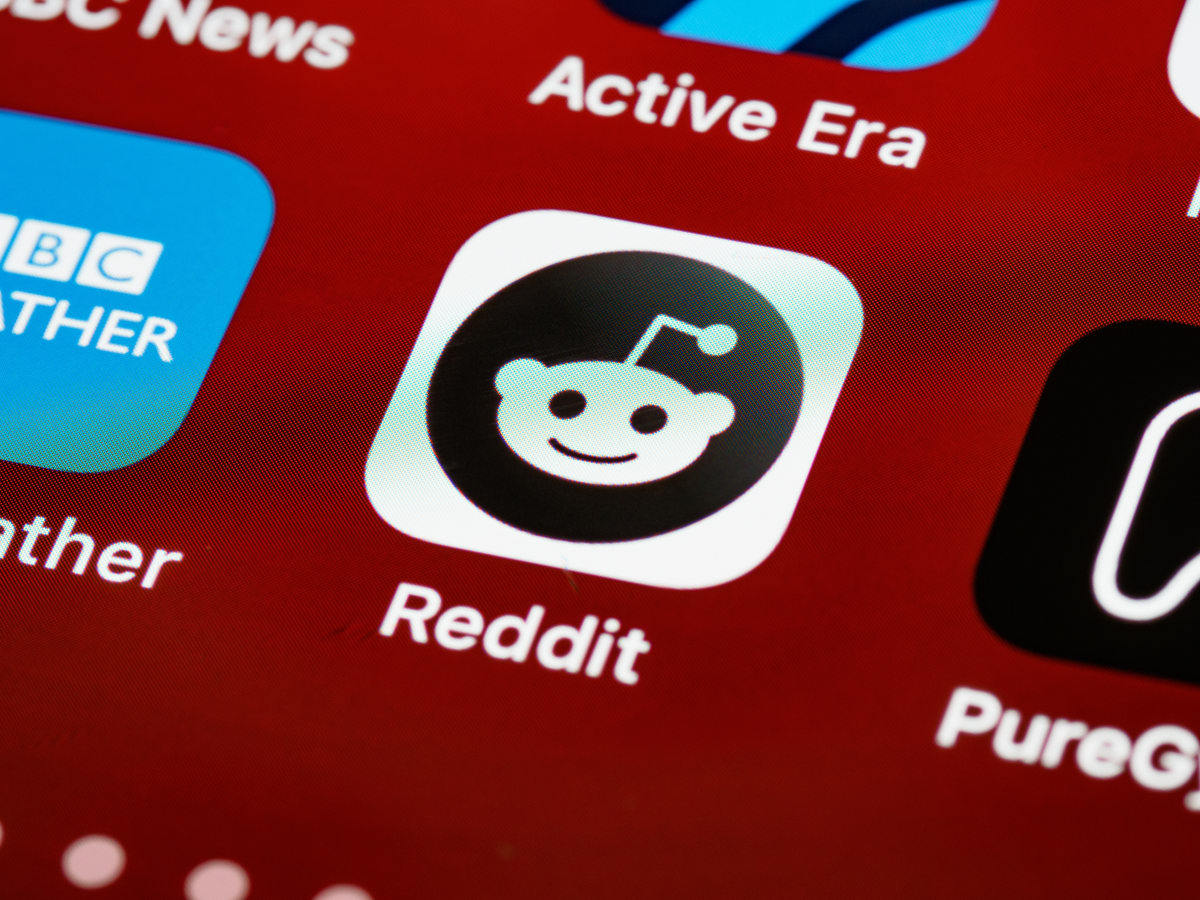
Major electronic dance music forums on Reddit have joined a coordinated blackout in regards to recent policy changes on the platform.
Reddit recently announced its plan to assess a controversial fee structure to third party developers leveraging the platform’s API, which has since drawn sweeping backlash from users and developers alike.
Over 3,500 subreddits are privatizing their access for a temporary blackout period, meaning they will be inaccessible to the general public, the BBC reports. And major EDM subreddits collectively boasting millions of subscribing readers are showing solidarity with the movement.
Presently, a visit to r/EDM yields the following message: “This subreddit is closed in protest of Reddit killing third party apps.” Other popular dance music-related forums, including r/aves and r/edmproduction, have joined the effort, which is expected to last at least 48 hours.
The moderators of r/aves updated their subreddit with a message saying it “has been set to private in order to protest reddit taking actions that make it harder for moderators do their job in the name of reducing the quality of their site for increased profits.” They also encouraged followers to join their Discord server.
For smaller developers in particular, the policy is a threat to the financial liability of their businesses. One popular Reddit browsing application in particular, Apollo, has already publicly stated that the changes will force them to discontinue service after June 30th.
In total, nearly 38% of all authored comments—roughly 5.7 billion—on the website will reportedly be impacted.
6 Jun, 2023 | Admin | No Comments
Survey Finds 73% of Music Producers Believe Artificial Intelligence Will Replace Them

What does artificial intelligence mean for the future of music production? In a new survey, music producers weighed in on AI and whether the burgeoning field will be a friend or foe to their creative ends.
Verses from the contentious AI Drake—among other artists—are blowing up on streaming services, while big tech innovators such as Google are forging the future of text-to-music production with their new generative AI tool, MusicLM. Despite its sudden arrival, it’s clear artificial intelligence is already making a significant impact in the music industry and will not become another ephemeral fad.
In light of those recent developments and more, Bedroom Producers Blog asked 1,500 producers how they feel about AI and its growing role in the creative arts. Overall, 86% of those surveyed believe the technology will replace the existing tools of music production. Perhaps even more illuminating however, is the fact that 73% of respondents believe AI could replace the role of human producers in the creative process sometime in the future.
AI has already proven to be a productivity enhancer in the disciplines of mixing and mastering, synthesis and fully autonomous music generation. New use cases and tools are seemingly emerging every day, and 36% of respondents claim they’ve integrated AI into their daily tool stack in the studio.
Read the full survey here.
1 Jun, 2023 | Admin | No Comments
“The Crossover Effect”: Spotify Says Collaborations Lead to Higher Streaming Numbers
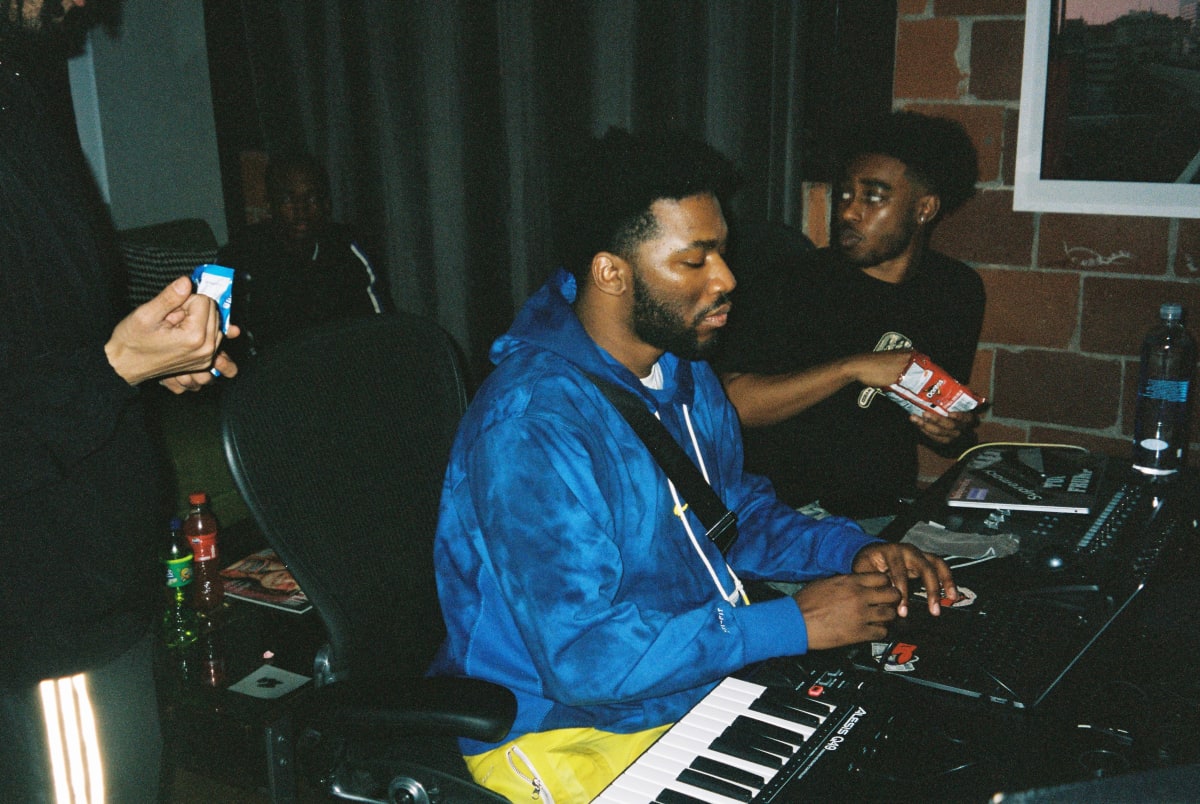
Collaborative projects lead to significantly more streaming success on Spotify, new research from the platform indicates.
They’ve now quantified the impact of collaborations, the releases of which lead to higher streaming numbers and more organic searches while expanding the artists’ reach in new locations. Spotify calls this phenomenon “The Crossover Effect.”
“We took a look at more than 40 of the biggest crossover collaborations from the last 12 years and found that six months after the collab was released, 75% of artists involved saw an increase of at least 10% in overall Spotify streams across their catalogs compared to the six months prior,” explains a report from Spotify. “More than 50% of those same artists saw their number of streams grow by at least 50% in that same time period, while 30% saw their number of streams rise by at least 100%.”
Collaborations not only provide a collision course for fan bases to unite, but also put the music in front of unique, untapped audiences and new markets, according to Spotify.
“I think one of the biggest things is how music collaborations can connect genres,” said John Stein, Spotify’s North America Head of Editorial. “We see a lot more of these collaborations, and I think each artist’s core audience seems to be more open to these moments than in the past.”
You can read Spotify’s full report here.
24 May, 2023 | Admin | No Comments
ASCAP and BMI Form Anti-Fraud Task Force to Combat “Suspicious Registrations”

U.S. performance-rights organizations ASCAP and BMI have teamed up to fight fraud associated with the registration of musical works.
The task force will comprise a team of experts across copyright, technical, legal, business, distribution and product from the two organizations, according to Music Ally. The PROs also plan on working with other peers around the globe, sharing information and best practices to mitigate the fraudulent registrations.
“Fraud is a complex global challenge that all collective management organizations and DSPs must confront with increasing frequency,” ASCAP CEO Elizabeth Matthews said in a statement.
Songwriters and publishers have been under siege for many years, and they’re now finally getting the attention (and raises) they deserve. Earlier this year, the Copyright Royalty Board approved an industry-wide settlement to increase songwriters’ royalties to 15.35% by 2027, ensureing songwriters and publishers are compensated similarly to recorded music rights-holders, like record labels.
“Bad actors don’t just limit themselves to one company, or one territory, and the more we can collaborate on this issue, the better it is for everyone involved,” added BMI CEO Michael O’Neill.